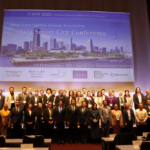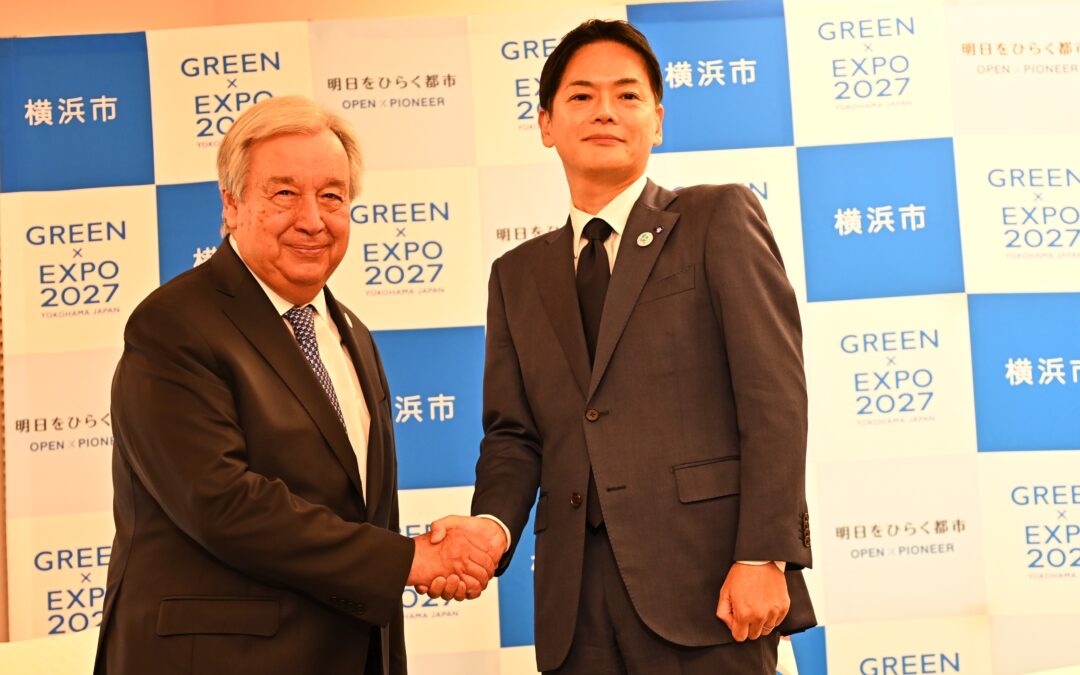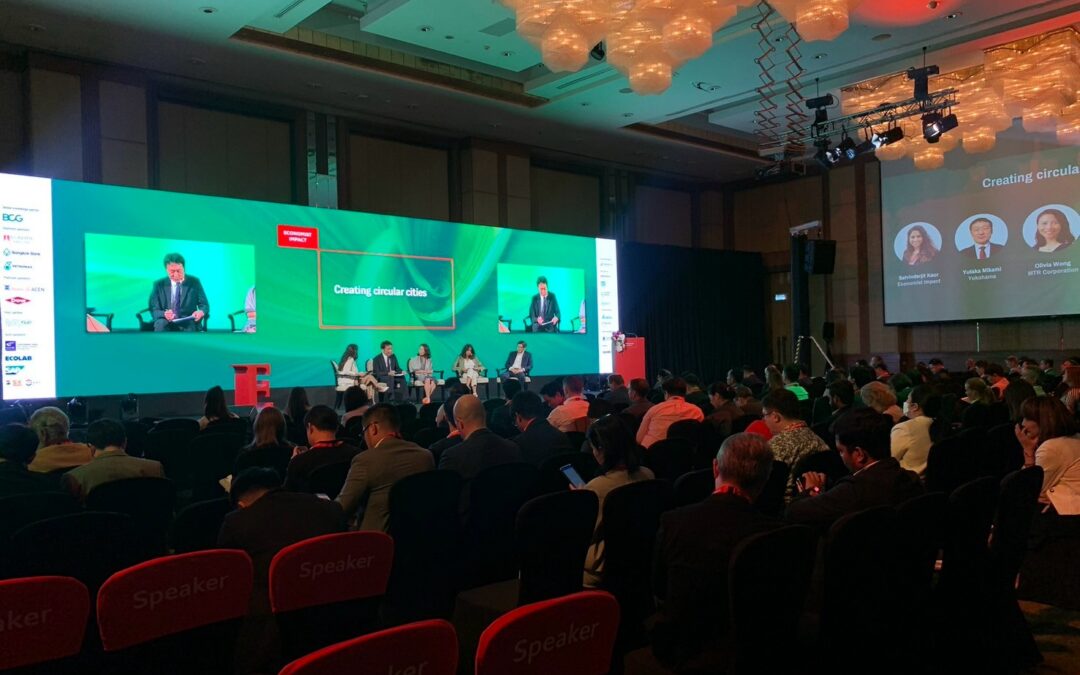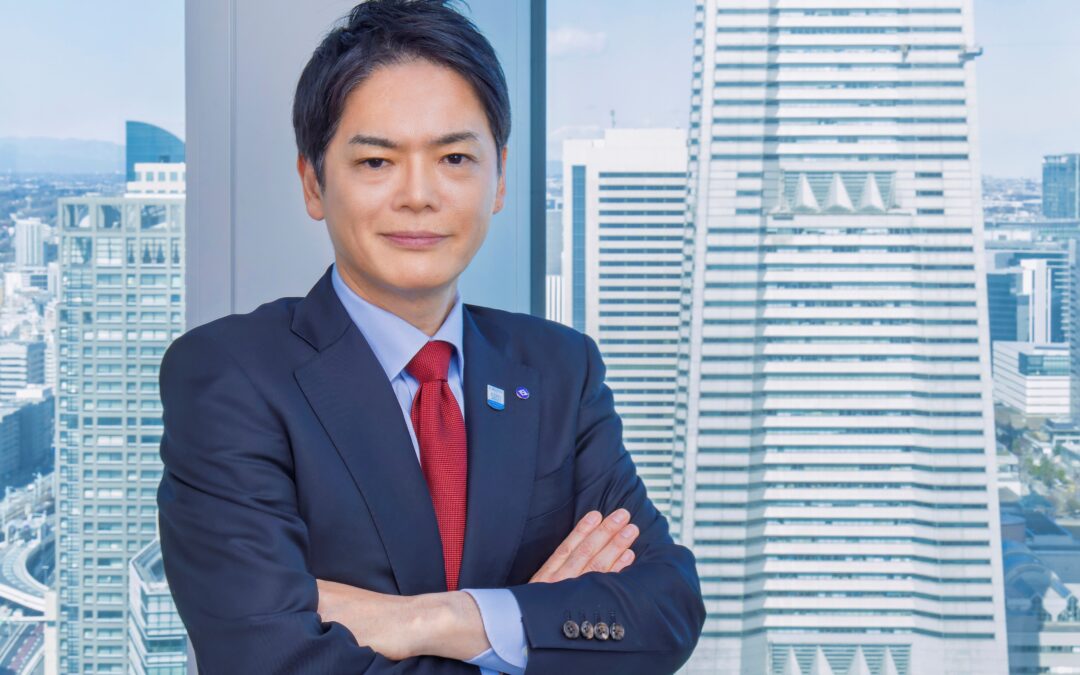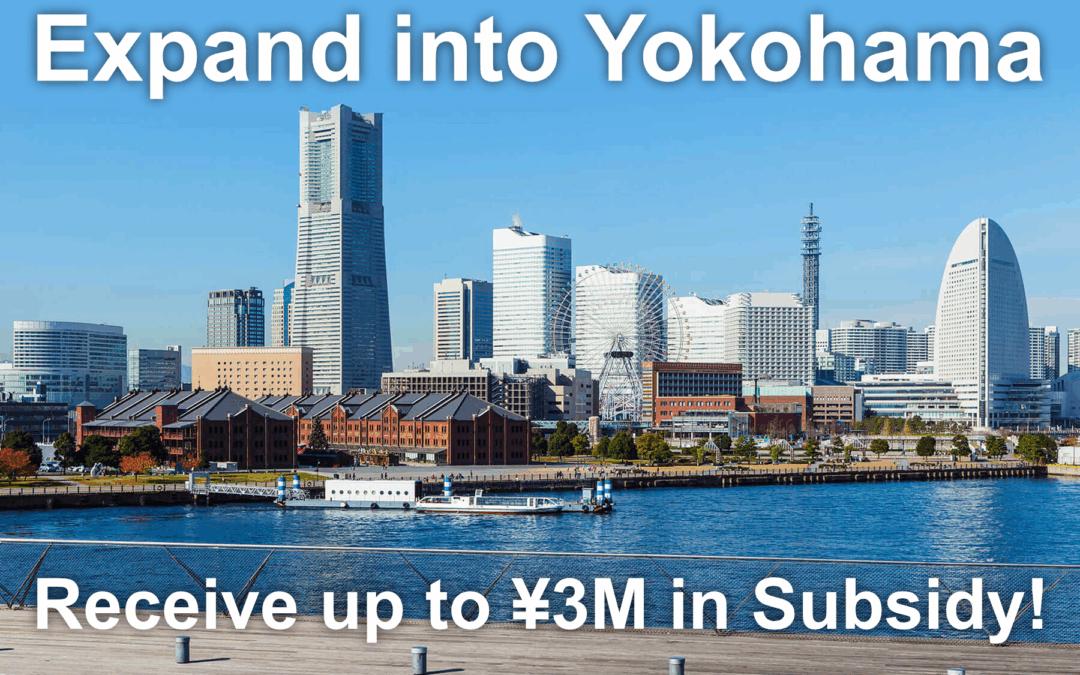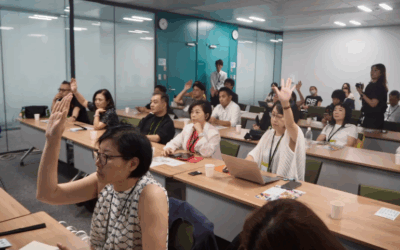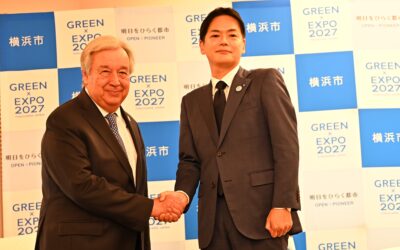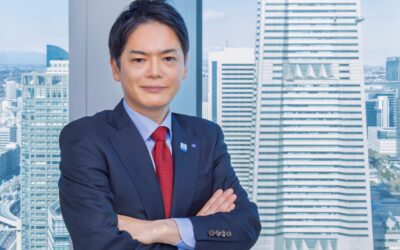Ryoichiro Orii, Director General of the International Affairs Bureau, represented the City of Yokohama at a City Talk Session titled Towards Zero Waste. He presented how Yokohama has succeeded in dramatically reducing solid waste despite population growth. The session was part of the ASEAN Sustainable Urban Forum (ASUF), held in conjunction with the Meeting of Governors and Mayors of ASEAN Capitals (MGMAC) and ASEAN Governors and Mayors Forum (AGMF) in Kuala Lumpur . The City of Yokohama was invited by the City of Kuala Lumpur, which is working toward becoming a zero-waste city.
Passion of City Officials and the Power of Communities
Before the 2000s, Yokohama addressed the challenges of mass production, mass consumption, and mass disposal associated with economic growth and population increase by relying on final disposal sites and incineration plants to ensure proper waste management. Today, however, we are in an era where reducing environmental impact and building a circular society are essential. Between 2001 and 2010, despite a growing population, the City of Yokohama successfully reduced its waste by 43%—nearly half. The key factors behind this success were the passion of city officials and the strength of local communities. Yokohama revised its waste separation rules, expanding from 5 categories to 10, introducing new categories such as plastic containers and packaging, as well as used paper and cloth.
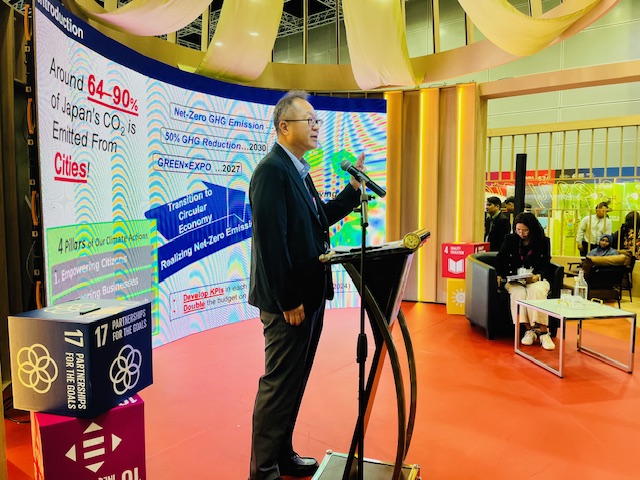
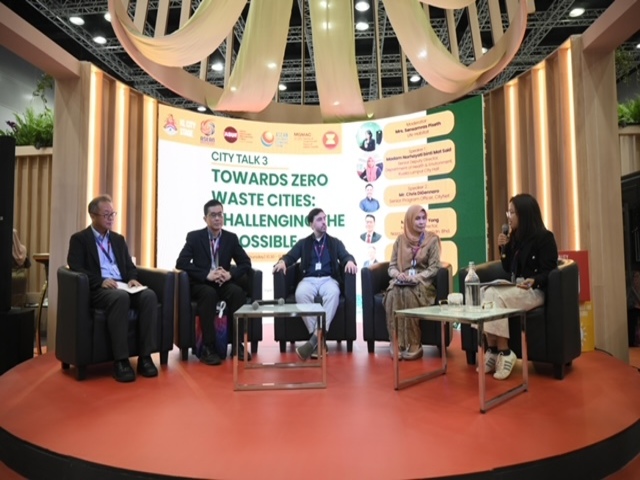
Yokohama has more than 2,800 neighborhood associations and community councils. These groups actively contribute to improving their communities through activities such as safety patrols and park cleanups, and they voluntarily manage and clean the city’s 80,000 waste collection sites. When the number of waste separation categories was expanded, the city collaborated with these communities to hold 15,000 workshops for residents on how to properly separate household waste. By combining the power of local communities with the commitment of the city administration, residents’ behavior was transformed, leading to a significant reduction in waste.
As a result, Yokohama was able to shut down or suspend operations at three of its seven incineration plants and extend the lifespan of its landfill sites. Since last year, the city has introduced even more detailed separation rules for plastic waste to further increase recycling of plastic products. If the goals of this new system are achieved, CO₂ emissions from plastic incineration can be reduced by approximately 14%. Once again, with the support of its citizens, Yokohama aims to cut CO₂ emissions from plastic incineration and accelerate its efforts toward sustainability.

Asia Smart City Conference (ASCC) Focusing on the Circular Economy
Among the urban challenges faced by Asian cities, waste management has consistently been one of the highest priorities. Beyond that, addressing climate change requires not only transitioning to renewable energy but also promoting a circular economy.
In concluding his presentation, Mr. Orii introduced the Asia Smart City Conference (ASCC), hosted by the City of Yokohama, which will place the circular economy at the top of its agenda on November 25, 26, and 27 this year. The conference website and registration are now open at: https://ascc.city.yokohama.lg.jp/en/
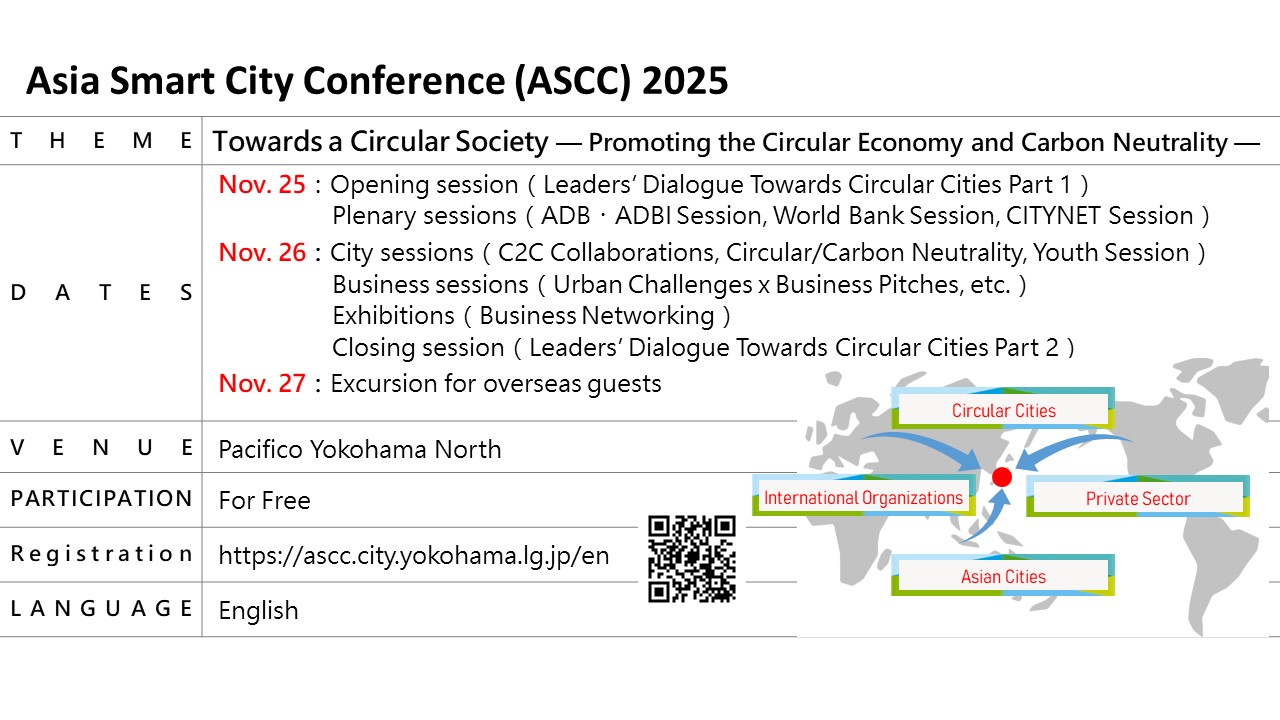
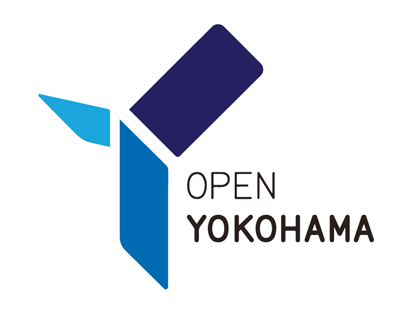

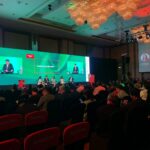
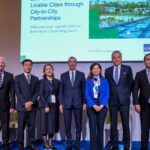
_cc-150x150.png)
